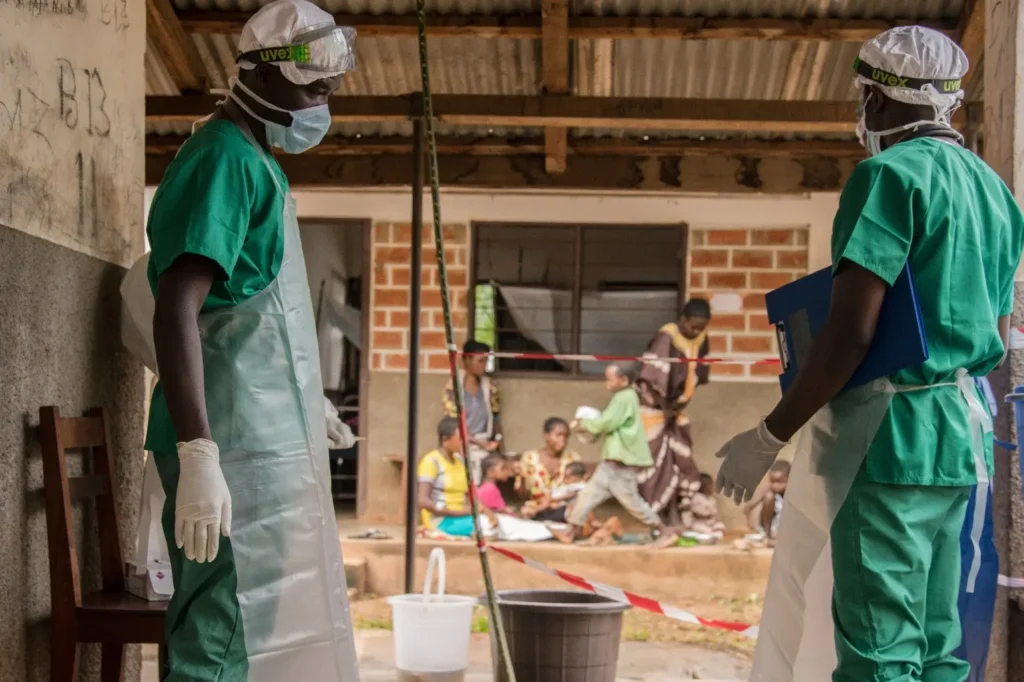The escalating cases of mpox across Africa are raising concerns about the potential for a widespread global outbreak, with the continent’s leading health organization potentially on the verge of declaring a public health emergency.
Dr. Jean Kaseya, the director of the Africa Centres for Disease Control and Prevention (Africa CDC), emphasized the need for “active engagement” with African Union member states to curb the cross-border spread of mpox, warning that failure to do so could result in “another pandemic.”
“We are dedicated to mobilizing resources and offering technical support to the affected nations in an effort to control this outbreak,” Dr. Kaseya stated.
To date, mpox cases have been reported in 16 African countries, with the Democratic Republic of Congo (DRC) accounting for over 90% of the total. According to recent data, 887 new confirmed and suspected cases were reported across Africa last week, bringing the total for this year to 15,132 cases. The outbreak has resulted in at least 461 deaths.
This represents a 160% increase in cases compared to the same period last year, highlighting the severity of the situation.
In parallel, the World Health Organization (WHO) is also contemplating the formation of an expert committee to assess whether the mpox outbreak in Africa should be classified as a global public health emergency.
WHO Director-General Dr. Tedros Adhanom Ghebreyesus mentioned on Twitter that the Emergency Committee under the International Health Regulations would soon convene to advise him on whether the situation warrants an international emergency declaration.
Until the end of 2023, the WHO had reported only 2,803 cases and 22 deaths from mpox globally.
Mpox, formerly known as monkeypox, is caused by the Monkeypox virus, part of the same family as the smallpox virus. Infected individuals typically develop a rash that progresses through several stages before healing. The virus can spread through direct contact between individuals and animals, and recently, transmission through sexual networks has also been observed, with sex workers comprising a significant portion of the initial cases.
Originally identified in 1970 in what is now the DRC, a more virulent strain was detected in May of this year, raising alarm among health officials. This new strain, identified as clade 1b, is considered the “most dangerous strain yet” and has been confirmed in Kenya, Rwanda, and Uganda.
Dr. Kaseya described the situation as “alarming,” noting that if the Africa CDC declares a public health emergency, it would be the first such declaration in the organization’s history. The process would involve consultations among the 55 member states of the African Union and those directly affected by the outbreak.
There are also growing concerns about the virus’s potential to spread internationally, particularly through air travel. Leandre Murhula Masirika, a health official in South Kivu province, one of the worst-affected areas in the DRC, warned in June that “a person with lesions can cross borders because there are no controls in place.”
Despite ongoing efforts to control the outbreak through vaccination, Africa is facing a severe vaccine shortage, with only 200,000 doses available out of the 10 million needed.
Last week, the African Union approved an emergency fund of $10.4 million to support Africa CDC’s efforts to combat the mpox outbreak.



